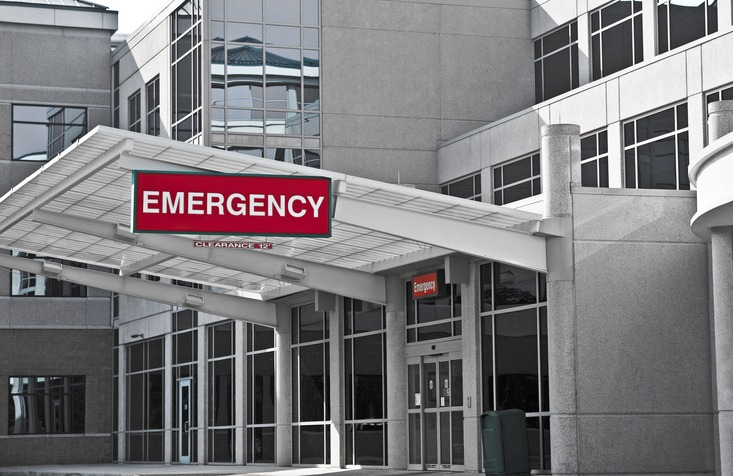None of us like to think about the possibility of becoming incapacitated from an auto accident, for example. But we ALL know of those to whom it has happened, right? So, what happens here in Ohio if you don’t have someone legally appointed to speak on your behalf regarding your medical care if you are unable to communicate with the medical providers?
There are legal documents that can be prepared in advance to give the authority to the individual you have chosen to speak on your behalf. Your primary care physician may have talked with you about this. This document is usually called a Healthcare Power of Attorney. A short description from my website follows:
Healthcare Power of Attorney is a legal document that allows an individual to designate another person to make medical decisions for him or her when he or she cannot make decisions for himself or herself.
Generally, those who have this document prepared also have a Living Will. The living will is as important, or more so, than the Healthcare Power of Attorney. Again, from my website, this document is described as follows:
A Living Will Declaration is to document your wish that life-sustaining treatment, including artificially or technologically supplied nutrition and hydration, be withheld or withdrawn if you are unable to make informed medical decisions and are in a terminal condition or in a permanently unconscious state.
Together these two documents are often referred to as advance directives. They apply only to medical care and only go into effect if you are unable to communicate your own wishes. That sounds like a good idea, doesn’t it?
So what happens if you DON’T have these documents prepared in advance? The short answer is, “That depends.” The longer answer can be a hot mess for you and your loved ones.
Some medical providers are sticklers for only taking direction from the legalized authorized individual. In some cases, for example, you might assume your spouse would qualify. Not always. In that case, it might require a judge to step in to appoint your spouse, and in urgent circumstances, time could be of the essence. Individuals at risk are those who have a partner but are not married. Simply cohabitating, even if it has been for decades, is not recognized by medical providers as an authority. In those cases, in the absence of a legal document appointing your partner as your spokesperson, the medical community will usually turn to the closest relative, such as a parent, sibling, or adult child. Depending on your relationship with your family members, that might not be who you would choose to make medical decisions for you.
A case in point – not long ago, I read about a man who had an emergency medical situation and didn’t have any legal medical directives already prepared. His partner and live-in mate for many years, whom he planned to marry very soon, was not permitted to authorize life-saving treatments recommended by the doctors. The hospital insisted on turning to an adult child for that decision, probably thinking the child would, of course, approve it. What happened after that is tragic. That adult child insisted on conferring with his siblings and said he was waiting for them to travel to the hospital in person to meet. While the hospital expressed the situation’s urgency, the adult children refused to authorize the treatment, saying they were discussing it. Sadly the father passed away while the kids were still “talking.” The ICU nurse became aware the children had their own agenda. They didn’t want their father to marry his intended because as his wife, she would become his heir. By delaying their approval, they allowed him to die. Of course, this is the worst-case scenario, but at a minimum, without these legal documents here in Ohio, your loved ones can be left to make decisions they are not comfortable with or emotionally able to make.
Getting these documents together takes little time and can go a long way in protecting your and your loved ones. Why not call me to talk about it? I can be reached at 513-399-7526.



